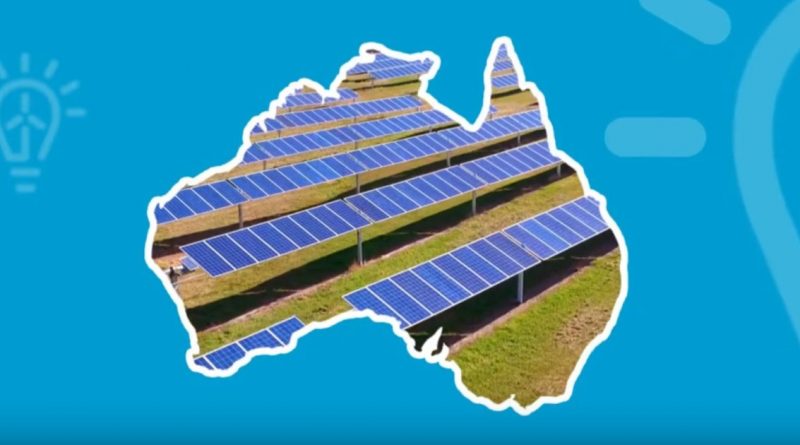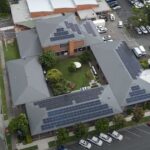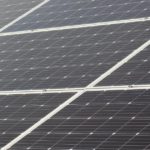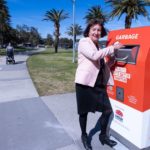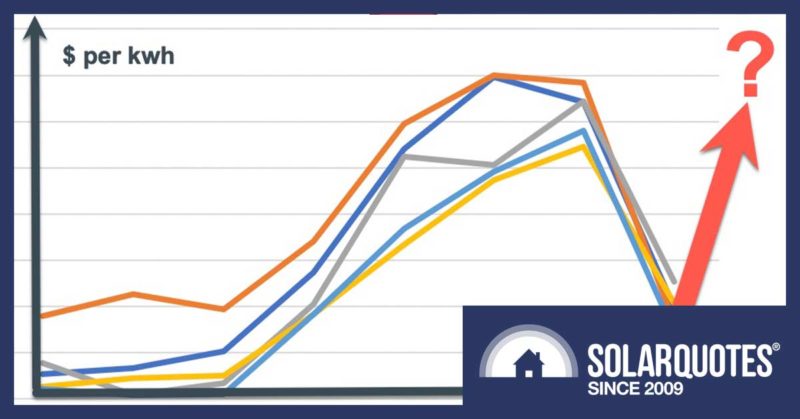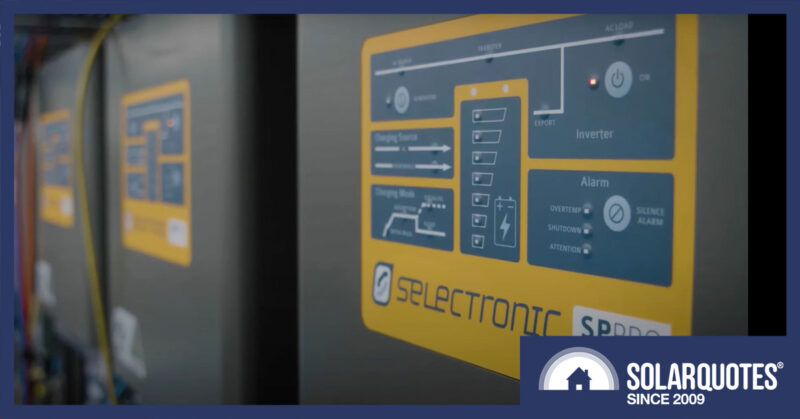Power Partnership Launches New Pilot Program For Councils
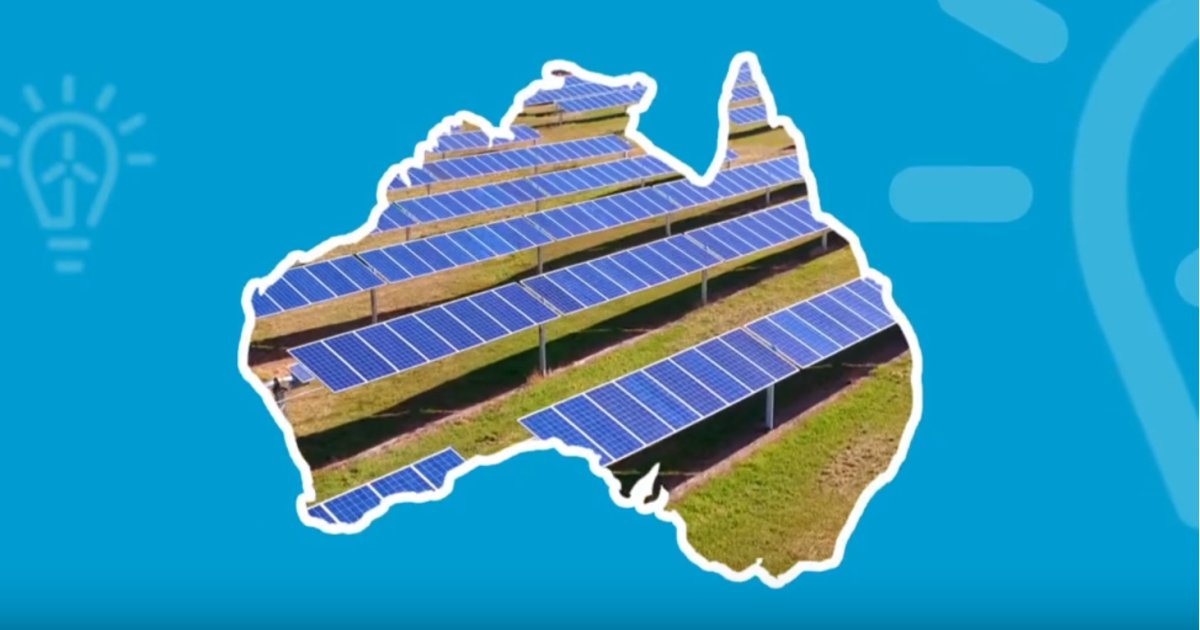

The Climate Council’s Cities Power Partnership has added a new tool to help local governments select emissions reduction actions.
The Cities Power Partnership (CPP) is a network of local councils across Australia that are tackling climate change. More than 145 local governments are part of the initiative; representing 500 cities and towns, and close to 60 per cent of Australia’s population.
When members sign on, they have 6 months to choose five emission reduction pledges from the list provided that covers various aspects of operations. A popular pledge is to install solar panels and battery storage on council buildings.
But choosing pledges can be a tricky business. To help in the decision-making, CPP will trial a new tool called Cities Activity Database. The database contains climate action related activities from more than 800 cities worldwide.
New CPP members will be provided with a short report on actions similar cities and towns have implemented, and the effectiveness of those actions. The report will include information on the costs involved, carbon abatement potential and probability of success.
Feedback from councils will enable the further development and scaling of similar tools for the benefit of local governments throughout Australia.
The pilot program is occurring in partnership with Ironbark Sustainability, which has been working with councils and their communities to reduce greenhouse emissions since 2004.
“Local governments are a critical part of Australia’s climate solution and we hope the data-driven information provided through our new partnership with Ironbark will further accelerate our members’ local emission reduction efforts,” said CPP Director Dr. Portia Odell.
Australian Councils A Solar Energy Powerhouse
The contribution of local governments to renewable energy uptake in Australia has been significant. Many councils have been walking the talk by installing solar power systems on assets, as well as providing information to residents and organising solar bulk buy programs.
A recent example of CPP member activity is Adelaide Hills Council, which recently installed a 99kW rooftop solar system on Coventry Library in Stirling, a 10kW and 20kW system on two buildings at Heathfield Depot, and a 12.5kW ground mounted system at its community wastewater management system in Birdswood.
Some local governments have installed more than a megawatt of solar power capacity, putting a major dent in their corporate electricity-related emissions – or cancelling it out altogether.
But installing solar panels isn’t just a tree-hugging exercise – it makes good financial sense. Given the cost of commercial solar these days, most businesses or organisations with suitable rooftop space can make significant savings on energy costs and achieve rapid payback.
To finance installations, some local governments have used a revolving energy fund model whereby initial funding pays for the first installation and the savings from that project pays for the next, and so on.
But Councils don’t necessarily need to have up front funds to tap in the emissions and financial benefits from renewables, or even suitable rooftop space. A Power Purchase Agreement (PPA) with a generator or aggregator can also provide renewables-based electricity at a cheaper price than conventional mains grid supply.
Original Source: https://www.solarquotes.com.au/blog/power-parternship-pilot-mb2137/

